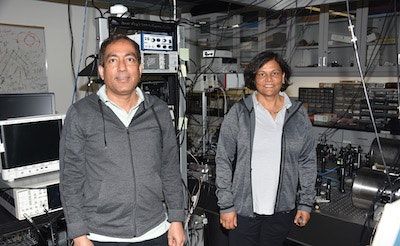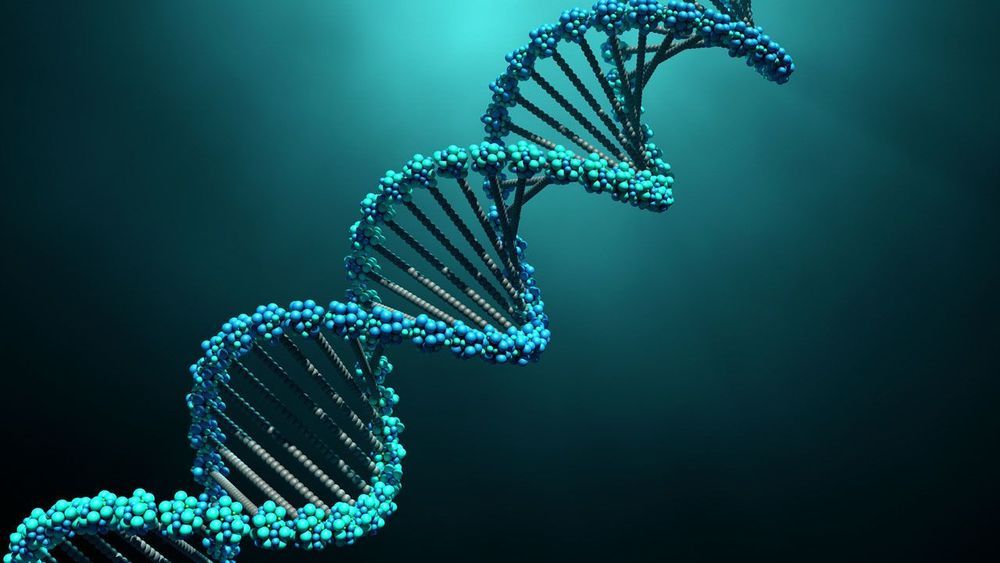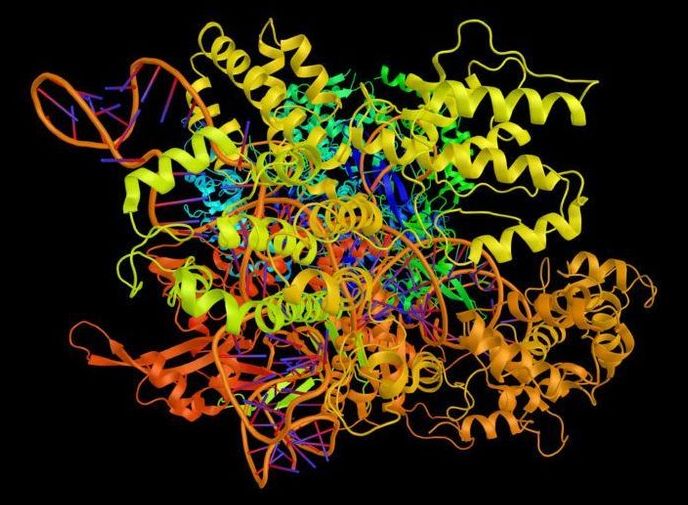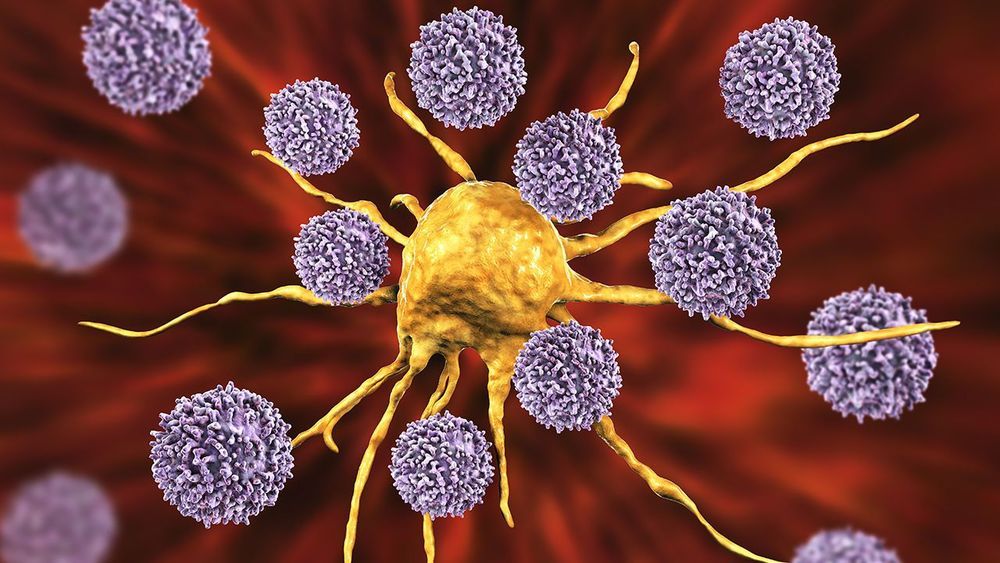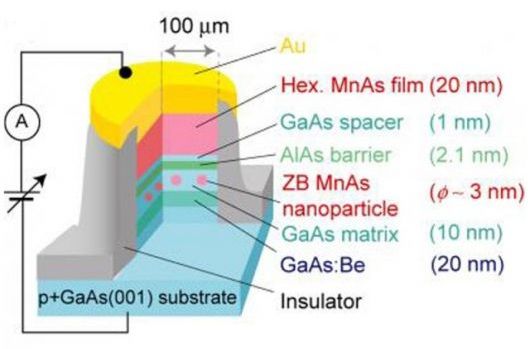The Department of Defense has awarded Dr. Gour Pati, professor of Physics and Engineering at Delaware State University a $239,908 grant from the U.S. Army to develop and build a millimeter-wave quantum sensing system at DSU.
Dr. Pati – the principal investigator – and his researchers have recognized the increasing importance of millimeter-wave sensing and imaging in commercial and military sectors, as well as how it is driving the development of low-cost sensors. Dr. Pati’s success in winning the DoD grant engages DSU scientists and students in the work of furthering this advancement.
Rydberg atoms have a hypersensitive response to microwave, millimeter-wave and terahertz radiation. They have the potential for applications in modern communications, remote sensing and many other fields, including medical science. Pati and his team will develop a real-time millimeter-wave sensor using laser-induced fluorescence in Rydberg atoms.
